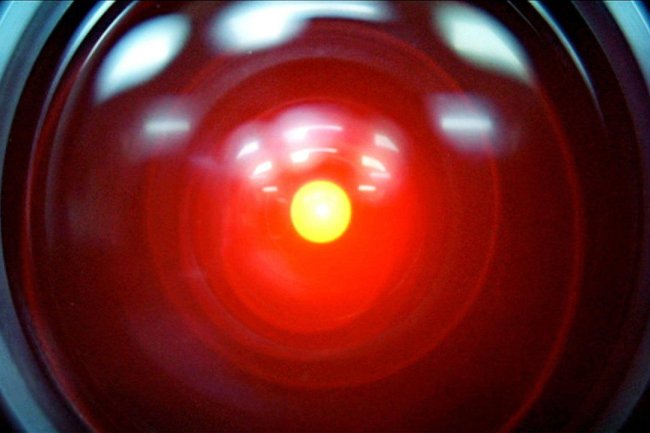“Barbie” and “Oppenheimer” show that blockbusters could save the cinema
To help schoolchildren in poor countries, reduce lead poisoningDoing so could close the gap with rich places by a fifthTo read more of The Economist’s data journalism visit our Graphic detail page.CINEMAS HAVE struggled since the pandemic. In 2022 those in America made 35% less revenue than in 2019. But in July things looked brighter: they made $1.4bn, the highest-grossing month since December 2019. A large chunk of that money has come from ticket sales for “Barbie”, a film about a famous plastic doll, and “Oppenheimer”, about the eponymous physicist who developed the nuclear bomb. Both films were released on July 21st. Box-office sales for “Barbie” have reached a total of $1bn, Warner Brothers, one of the film’s production companies, announced on August 6th; $459m in American theatres alone. “Oppenheimer” made $229m in America and $323m abroad. In Britain, Vue, a cinema chain, recorded its second-highest weekend admissions ever.The popularity of “Barbie” and “Oppenheimer” lays bare wh


To help schoolchildren in poor countries, reduce lead poisoning
Doing so could close the gap with rich places by a fifth
To read more of The Economist’s data journalism visit our Graphic detail page.
CINEMAS HAVE struggled since the pandemic. In 2022 those in America made 35% less revenue than in 2019. But in July things looked brighter: they made $1.4bn, the highest-grossing month since December 2019. A large chunk of that money has come from ticket sales for “Barbie”, a film about a famous plastic doll, and “Oppenheimer”, about the eponymous physicist who developed the nuclear bomb. Both films were released on July 21st. Box-office sales for “Barbie” have reached a total of $1bn, Warner Brothers, one of the film’s production companies, announced on August 6th; $459m in American theatres alone. “Oppenheimer” made $229m in America and $323m abroad. In Britain, Vue, a cinema chain, recorded its second-highest weekend admissions ever.
The popularity of “Barbie” and “Oppenheimer” lays bare why cinemas have been struggling. During the pandemic, studios cut the theatrical window—the length of time between a film appearing in cinemas and it being available to stream—from around 70 days to 45 on average. Some films skipped the big screen altogether. Reed Hastings, Netflix’s co-founder, once quipped that cinemas have innovated nothing but the taste of popcorn. But the dash to streaming has been exaggerated: cinemas still have a pull. Tom Cruise held the release of “Top Gun: Maverick”, one of the most popular films of 2022, in which he starred, for two years rather than release it online. The latest James Bond film was delayed three times for the same reason.
Although lockdowns and streaming services have played a role in cinema’s recent decline (see chart above), the main reason for its slow recovery lies elsewhere. Our data analysis shows that audiences still have a taste for the big screen, but there are fewer films to lure them in. When “Barbie” and “Oppenheimer” came out, so did audiences. Films that go on “wide” release across America and Canada—that are shown in more than 600 cinemas—are still as popular as before the pandemic. But there have been fewer of them. In 2019, 130 films went on wide release. In 2020 and 2021 combined only 152 films did. In 2022 it was 110. So far this year, 97 films have been shown in more than 600 cinemas. Data show that the most widely released films are as popular as before the pandemic (see second chart).
During the pandemic many shoots had to be halted and some films were released online. While theatres have 55 further big releases to look forward to this year, such as “Wonka”, a prequel to “Willy Wonka and the Chocolate Factory”, as well as the latest “Hunger Games” instalment, the actors and writers’ strike could lead to delays in the production of blockbusters such as “Wicked” and “Gladiator 2”, which are due on the big screen in 2024. Oppenheimer’s stars left the London première early to join the picket line. So far the strikes have carried on for just over three months. Cinema-owners and -goers will hope that one side or the other will soon say it’s a wrap. ■
What's Your Reaction?

















